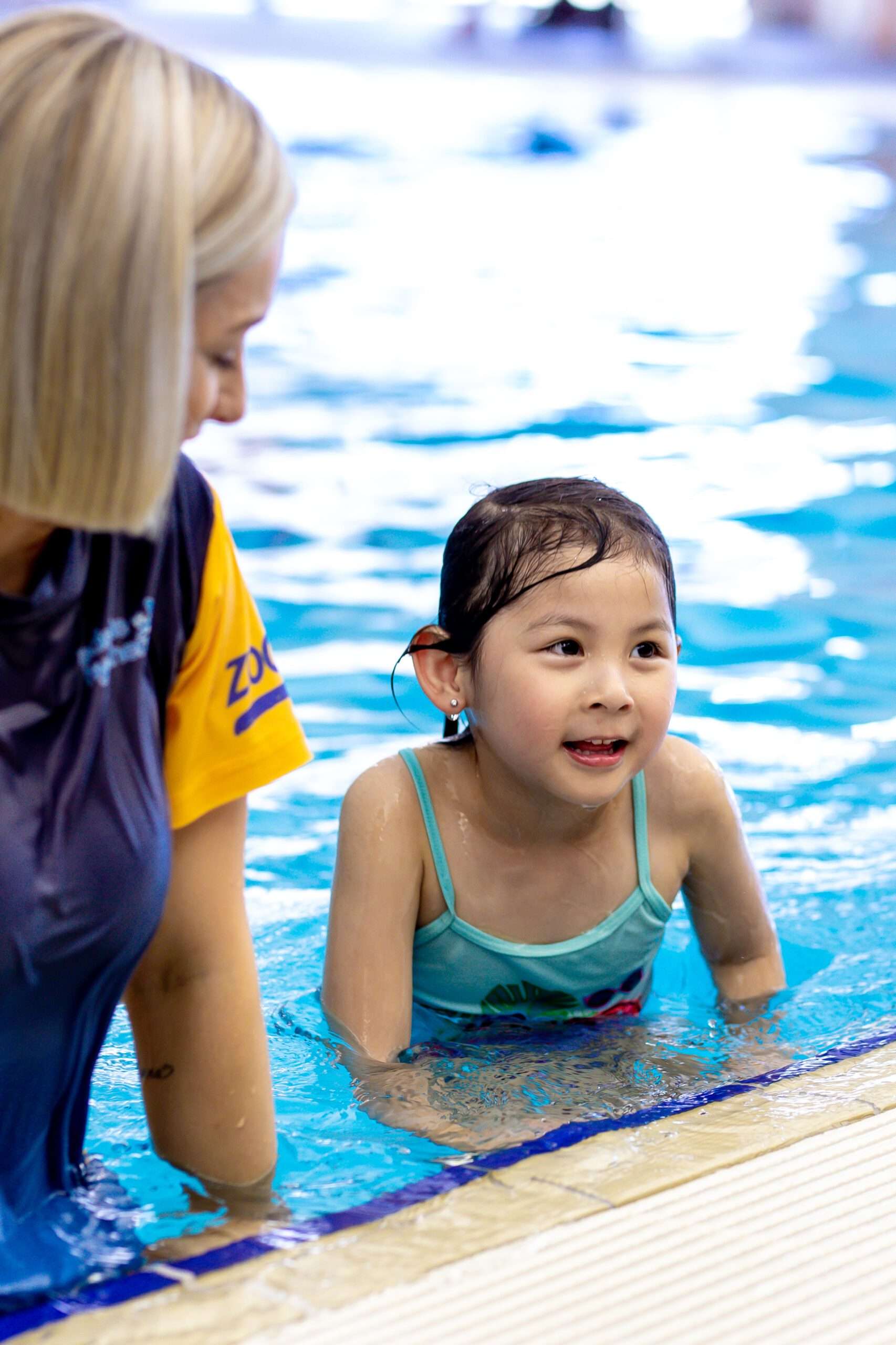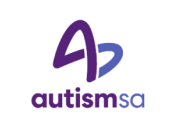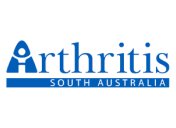Down Syndrome is a genetic disorder caused by the addition of an extra chromosome. For children with Down Syndrome, studies have shown that these children are at a higher risk for physical activity and obesity.
For this reason, it is so important that therapy services directed towards supporting children with Down Syndrome understand their unique challenges. This is to ensure they are supported to have equal access to sporting opportunities and outdoor physical activity for their health and wellbeing.
For children with Down Syndrome, they are born with:
- Low muscle tone:
Children with Down Syndrome typically have “floppy” muscles, also known as hypotonia or low muscle tone. Low muscle tone makes it more difficult for a child to move their arms and legs for more refined movements. This can have a big impact on the child’s development of their gross motor skills, like rolling, sitting up, crawling, pulling into a standing position and walking as well as moving their body into different positions smoothly. As a result, the child’s development of their fine motor skills can be affected, impacting their independence in using their hands during feeding, dressing, playing and writing.
- Hypermobility:
Children with Down Syndrome who have low muscle town can be flexible. This is often described as being double-jointed, having lax muscles or having hypermobility. With hypermobility, the muscles do not hold the joints together as tightly as people with normal muscle tone. For children with Down Syndrome, hypermobility can impact the child’s control over their own arms, hands and legs, making typical everyday tasks more challenging, e.g., increased tiredness from the muscles trying to work harder to create stability, clicking joints, pain and difficulty with coordination.
- Reduced muscle strength:
Research suggests that children with Down Syndrome have reduced muscle strength by up to 50% compared to their peers. This can mean that the child may have difficulties in their strength. They might also have difficulties in their endurance, meaning their ability to keep going during an activity.
- Shorter arms and legs:
Compared to the length of their trunks, children with Down Syndrome have short arms and legs. This makes learning certain gross motor and fine motor skills harder, like climbing, bike riding, playing with toys and accessing playground equipment.
Why GymClusion is the perfect program for your child:
Here at GymClusion, we pride ourselves on helping children with Down Syndrome become the best versions of themselves in our fun therapy programs alongside our caring therapy team.
Our team of Physiotherapists, Exercise Physiologists and Allied Health Assistants can:
- promote achievement of gross motor skills such as sitting, crawling and standing
- build on your child’s postural strength and sitting balance to sit up for longer periods of time during learning activities
- support your child’s balance and coordination skills
- help your child improve their confidence to try different motor activities, e.g., bike riding and swimming
- assist with your child’s participation and access to age-appropriate physical activity for increased socialisation, e.g., making friends while playing sport
Our team of Occupational therapists and Allied Health Assistants can:
- promote early development of your child using their hands in play, e.g., grasping and pinching
- support your child’s ability to engage in important everyday activities e.g., dressing and feeding
- improve your child’s arm, wrist and hand strength, control and coordination
- support your child’s cognitive development and school-readiness skills through play and learning
Thinking about GymClusion for your child? Click the ‘XXXX’ link on our website to register your interest for GymClusion or email us at [email protected] for more information.
References:
Jobling, A. (1994) Physical education for the person with Down syndrome: More than playing games?. Down Syndrome Research and Practice , 2(1), 31-35. doi:10.3104/reviews.27
Shields, N., Taylor, N.F. & Fernhall, B. A study protocol of a randomised controlled trial to investigate if a community based strength training programme improves work task performance in young adults with Down syndrome. BMC Pediatr 10, 17 (2010). https://doi.org/10.1186/1471-2431-10-17











